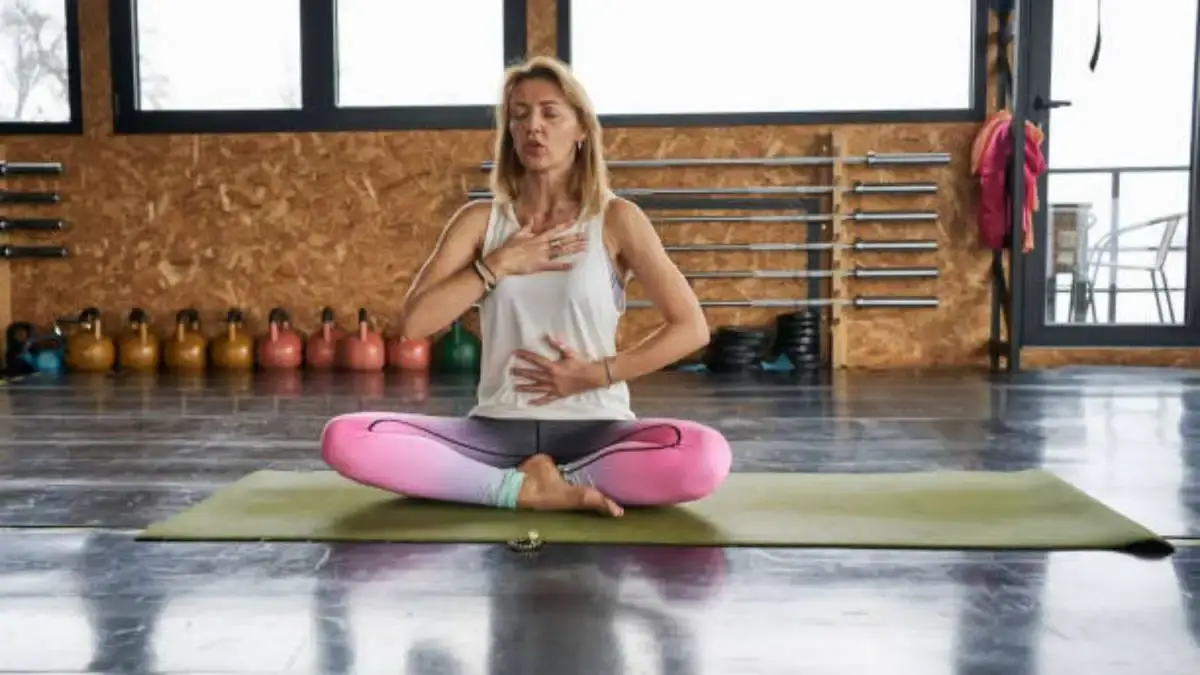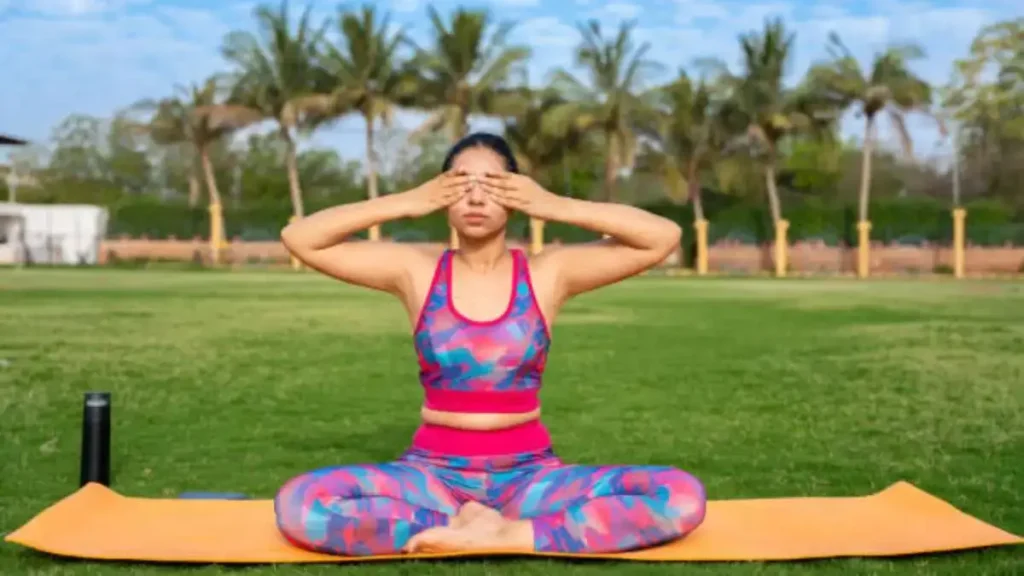YOGA
Discover the Different Types of Yoga Breathing Techniques

Breath is the essence of life and holds significant importance in yoga practice. For yoga enthusiasts, mastering various breathing techniques, or “pranayama exercises,” can deepen their practice, enhance relaxation, and improve overall well-being.
In this article, we explore some of the most popular types of yoga breathing. Read on to see what you can use in your routine to elevate your practice. Let’s dive in!
Table of Contents
Ujjayi Breath
Ujjayi is often referred to as “Victorious Breath” or “Ocean Breath.” It is a foundational technique used in many yoga practices, particularly in Vinyasa and Ashtanga.
This technique involves inhaling deeply through the nose while slightly constricting the throat. This creates a gentle hissing sound.
The sound resembles ocean waves, which can be incredibly calming. Ujjayi breath helps to increase focus, calm the mind, and maintain a steady rhythm during physical practice.

Nadi Shodhana
The balancing method known as Nadi Shodhana, or “Alternate Nostril Breathing,” aims to balance the left and right hemispheres of the brain. To practice, take a comfortable seat and seal your right nostril with your thumb.
Breathe deeply out of your right nostril and out of your left, closing it with your ring finger. Breathe in via your right nostril, then shut it and release the air through your left. Repeat this process multiple times.
Kapalabhati
Kapalabhati, or “Skull Shining Breath,” is an invigorating technique. It involves powerful, rapid exhalations followed by passive inhalations.
To practice, sit comfortably and take a deep breath in. Then, contract your abdominal muscles sharply to forcefully expel the breath through your nose. Allow the inhalation to happen naturally.
Repeat this for several rounds. Kapalabhati helps to cleanse the respiratory system, increase energy levels, and improve digestive health.
Bhramari
Bhramari, also known as “Bee Breath.” It is a soothing technique perfect for calming the mind and promoting relaxation. To practice, sit comfortably and close your eyes. Take a deep breath in, and as you exhale, produce a humming sound similar to that of a bee.
Focus on the vibration created by the humming, particularly in the throat and head. Bhramari is effective in reducing anxiety, relieving insomnia, and enhancing concentration.

Anulom Vilom
Anulom Vilom is another form of alternate nostril breathing but focuses on a more rhythmic and meditative approach. Sit comfortably and close your right nostril with your thumb.
Take a leisurely breath via your left nostril, seal it with your ring finger, and hold it for a short while. Let go of your right nostril and take a slow breath out. Take a breath by your right nostril, hold it, then let it through your left. This cycle should be continued for a few minutes.
Anulom Vilom helps to balance the energy channels, improve lung function, and promote overall well-being. To learn more about it, you can check out this yoga blog, wellness holistic blog. You can also find detailed information on different pranayama exercises and their benefits.
Different Types of Yoga Breathing Serve Different Purposes
Apart from the five techniques mentioned above, numerous other pranayama exercises serve different purposes. Some focus on breath retention, while others emphasize slow and deep breathing. There are also techniques tailored to specific ailments or conditions, such as allergies or hypertension.
Incorporating different types of yoga breathing into your practice can provide a well-rounded approach to improving your physical, mental, and emotional well-being. Remember to always listen to your body and never force or strain during breathing exercises.
Did you find this article helpful? If so, check out the rest of our site for more.
-

 GENERAL6 months ago
GENERAL6 months agoChristofle – For Those Who Dream of Family Heirloom Silver
-

 SPORTS8 months ago
SPORTS8 months agoDiscover the World of Football with Streameast: Watch Your Favorite Leagues and Tournaments
-

 GENERAL5 months ago
GENERAL5 months agoUncovering the World of кинокрадко: The Dark Side of Film Piracy
-

 GENERAL2 months ago
GENERAL2 months agoATFBooru: Anime, Gaming, and Subculture Imageboard





























